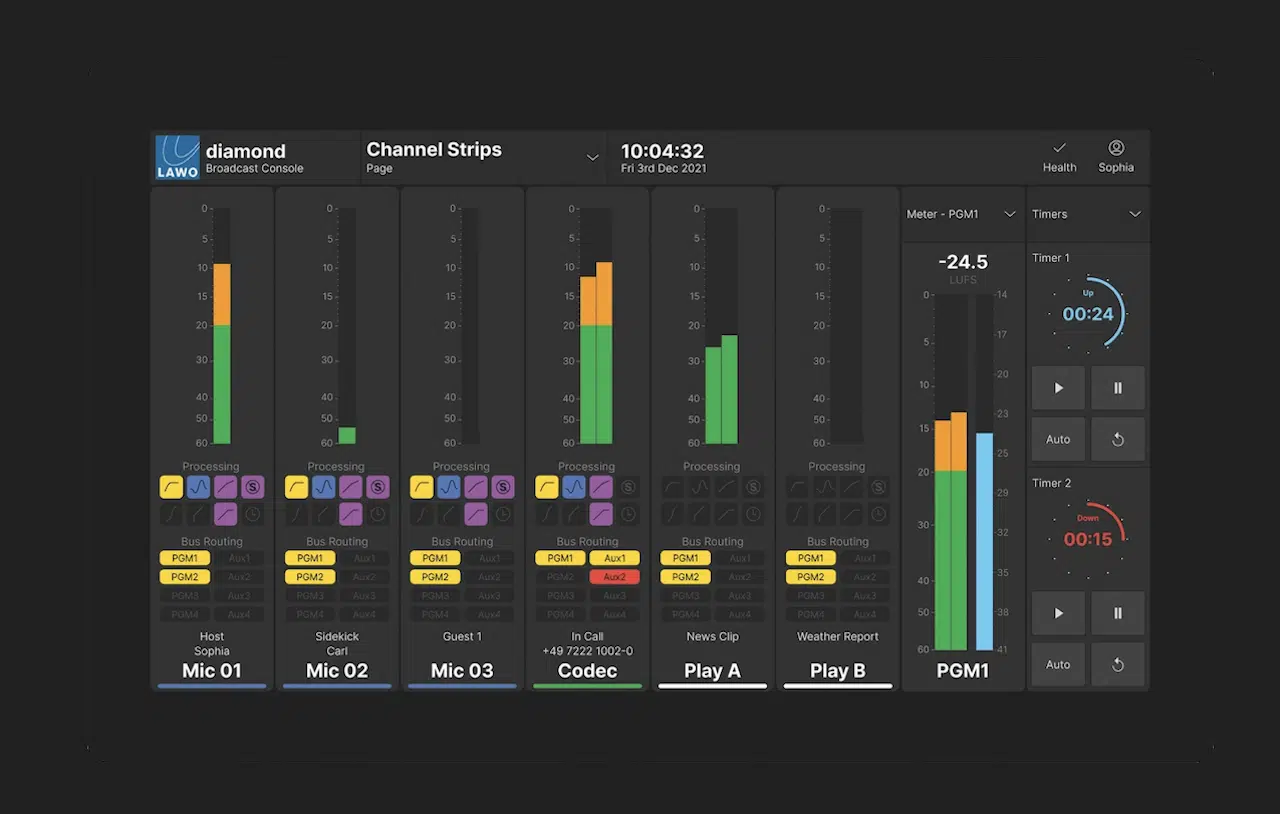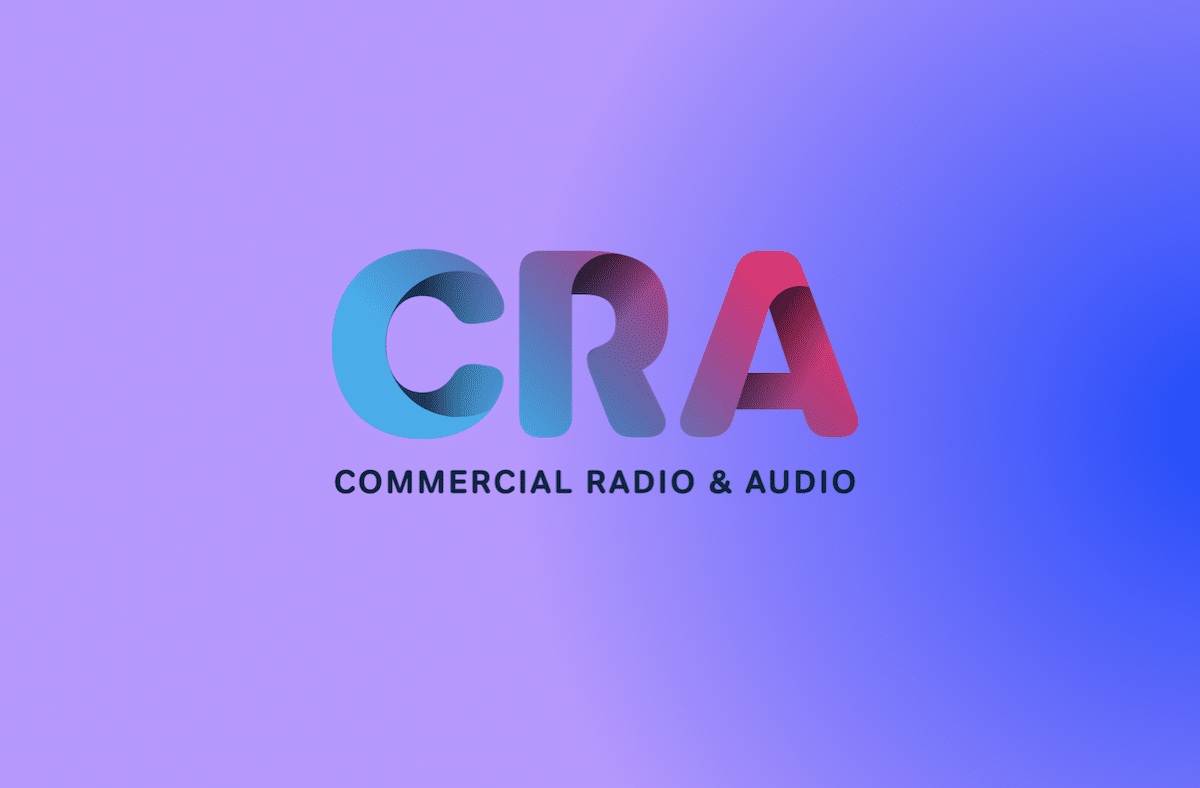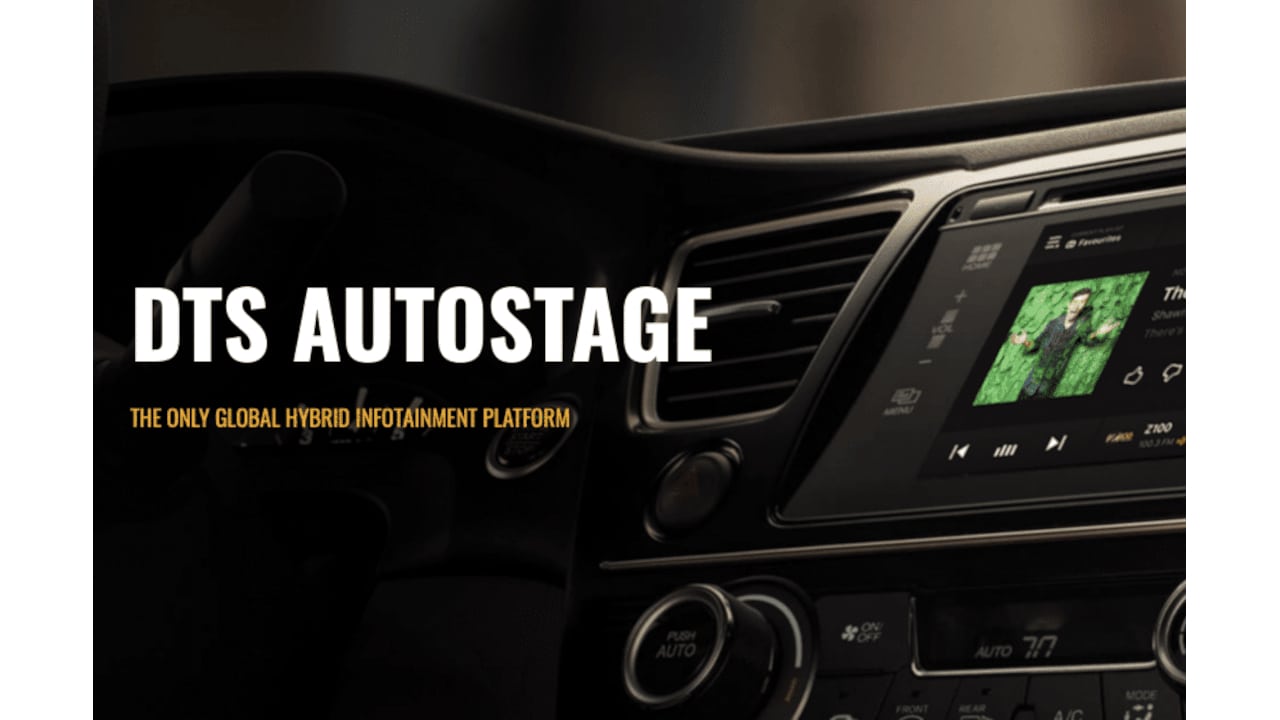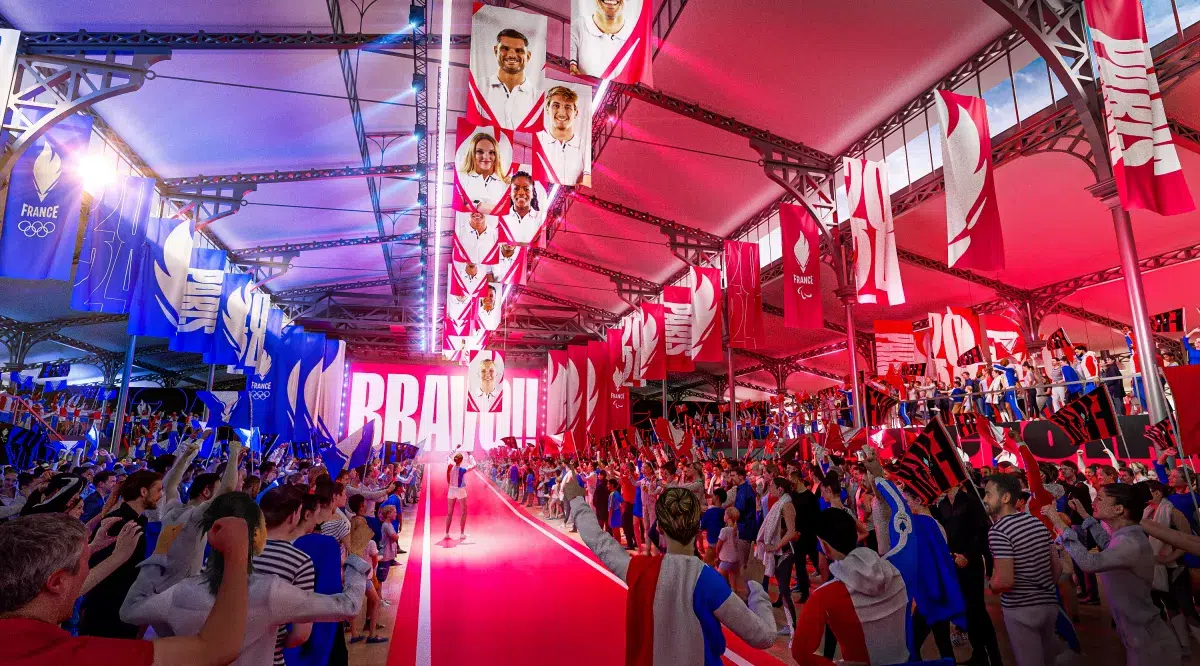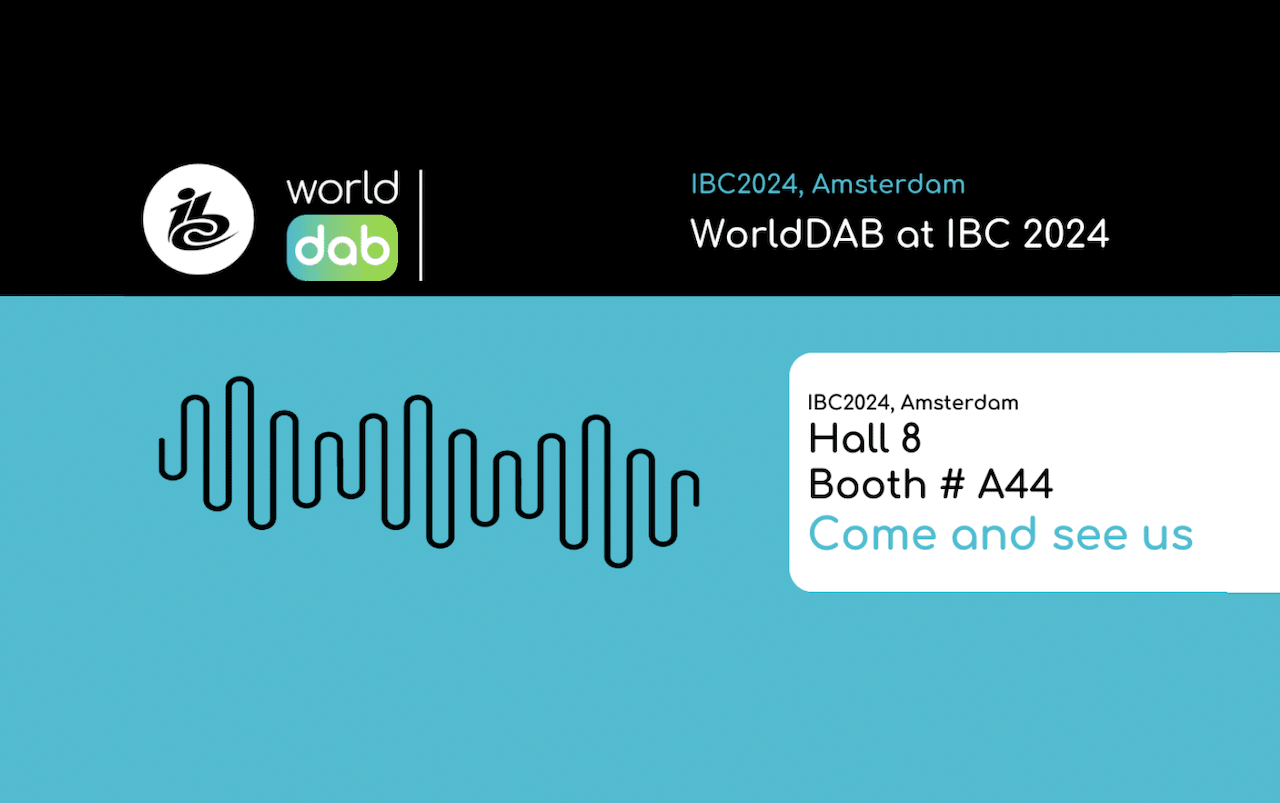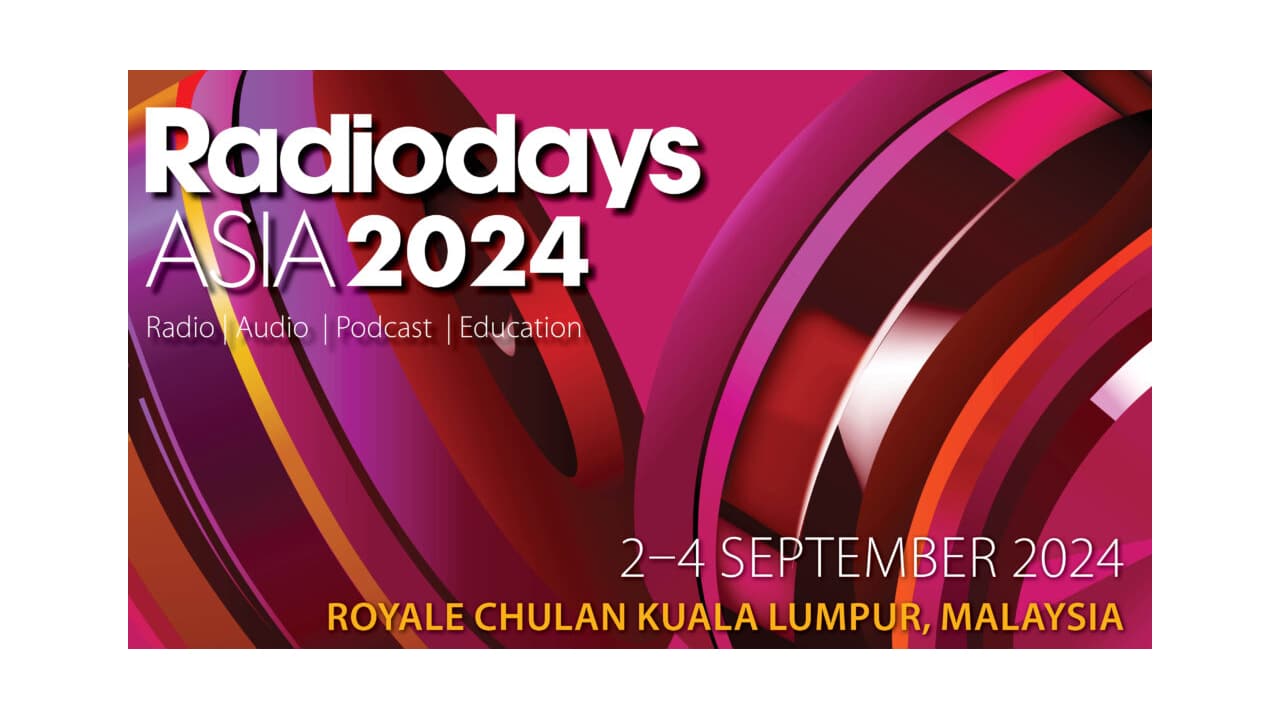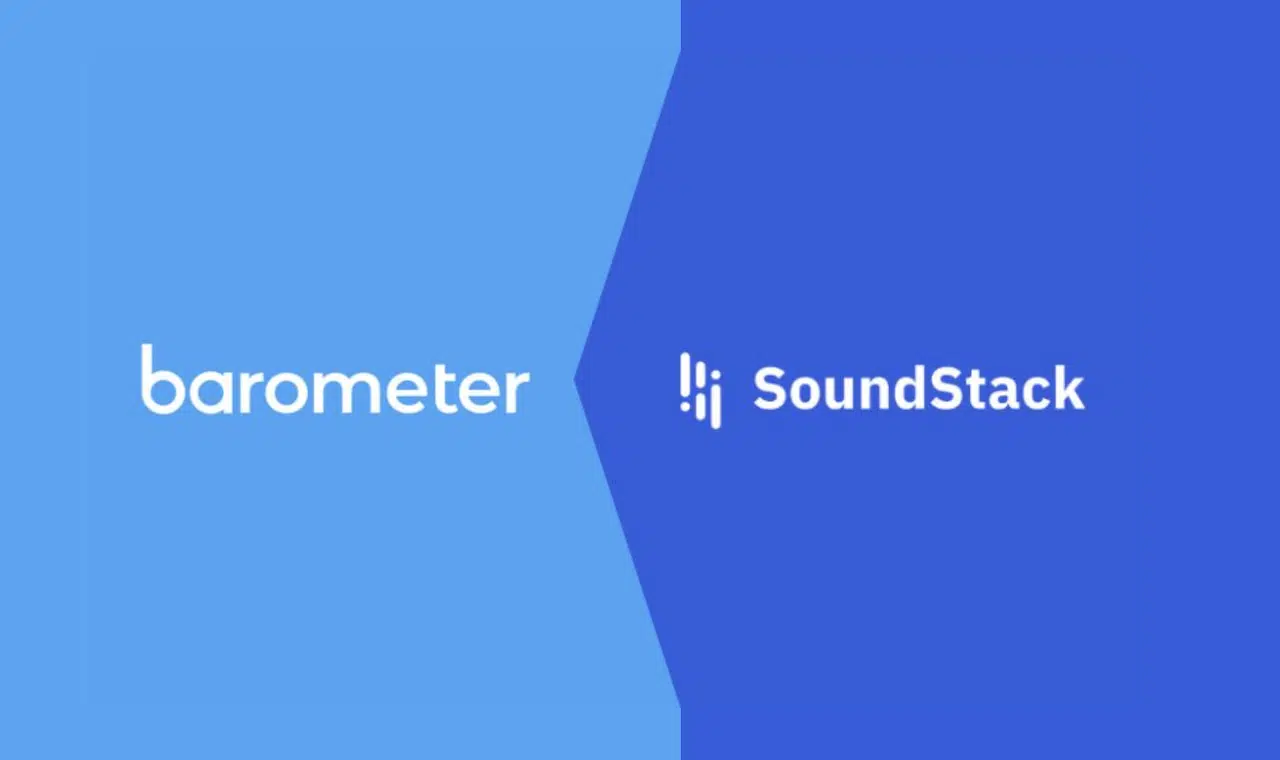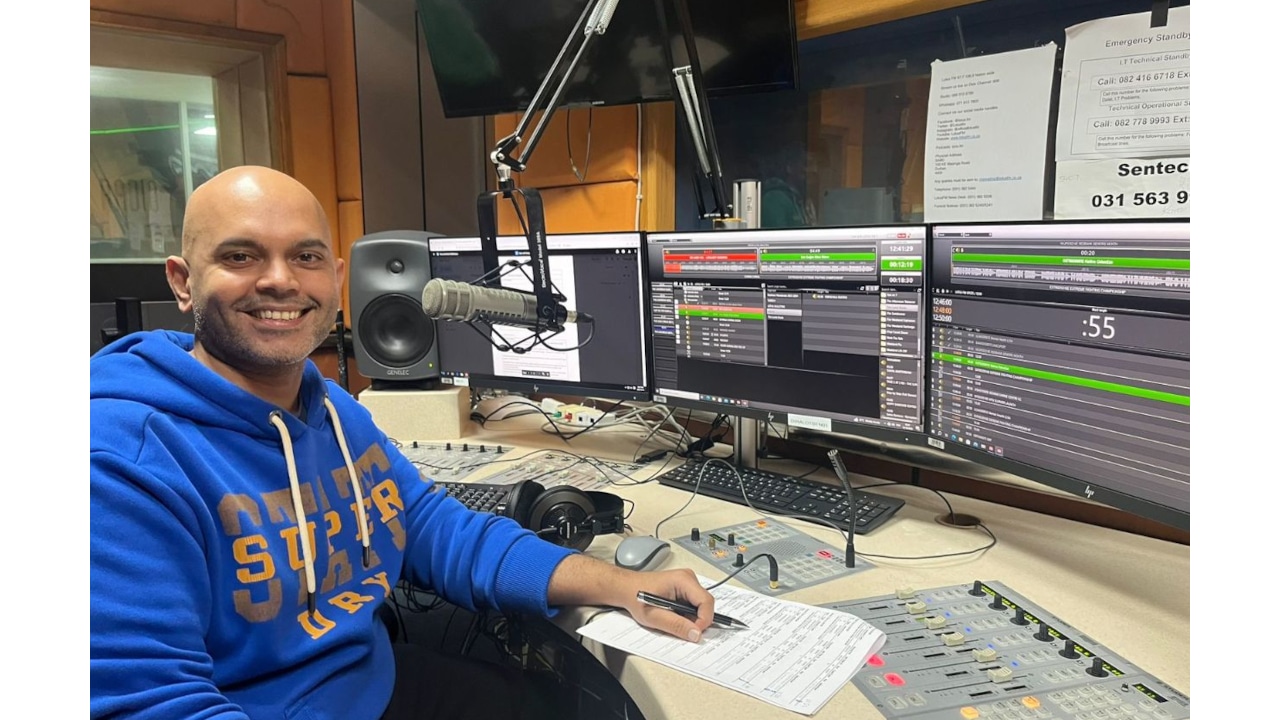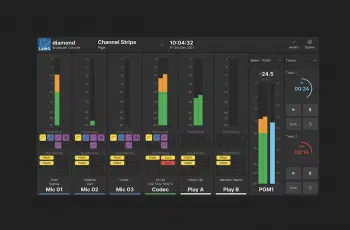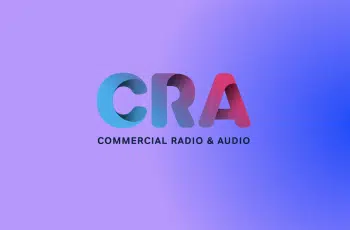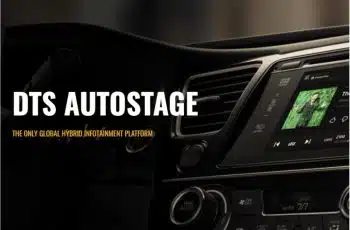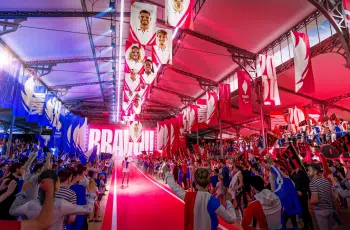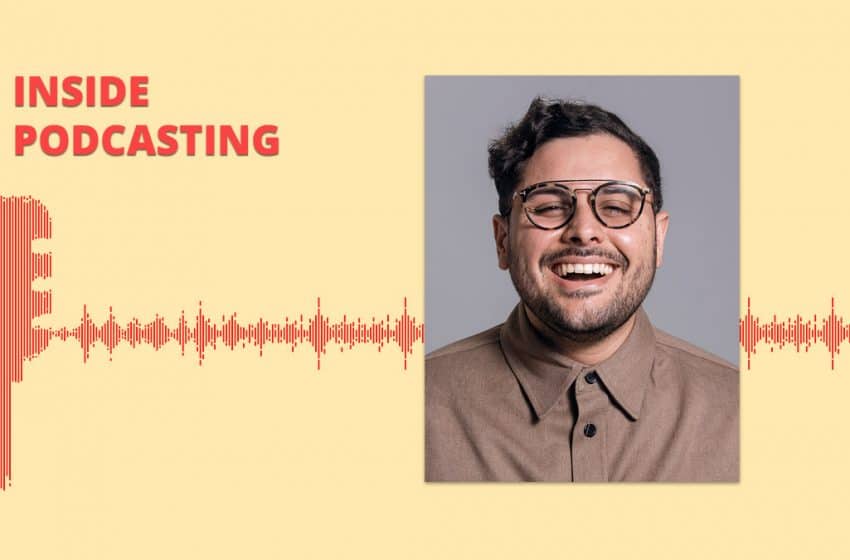
Storytelling
In this edition of Inside Podcasting, Simmi Areff, South African comedian and podcast pioneer, shares his story with RedTech. Areff, who recently received an AU Media Fellowship for his contribution to podcasting in Africa, encourages fellow Africans to tap into their rich cultural history of storytelling.
CAPE TOWN, South Africa — It may look like a lot of fun, but comedy is hard work, probably hardest for those building an audience. So, I started my podcast “Lesser Known Somebodies” in 2016 to reach out to comedians and performers on the fringe of popular success, living on hope, hard lessons from failure and two-minute noodles.
They had some of the best stories. At that stage, podcasting in Africa was very much in its infancy — I was competing in the Apple charts with guys playing “Dungeons & Dragons” online and recording their conversations! My profile as a comedian may have helped, but I think people listened to me because I was an early adopter, and they just grew to like me.
Broadcasters might say I’m breaking one of the golden rules of radio…but this isn’t radio; it’s podcasting.
I got involved in podcasting because I couldn’t get on the air at a radio station. I had been a writer and content producer for one of the country’s biggest breakfast shows and found a friend in the microphone, but most radio stations thought comedy only belonged in prank-calling, and despite my experience and profile, would ask me for a demo. So, I thought, what better way to develop a catalog of demos than to imagine my own “radio show” and reach out to others with a mic; and “Lesser Known Somebodies” was born.
I started interviewing fellow comedians, then other artists, Vine stars and “influencers” and even people in advertising, and they had great stories to tell. The problems started when the podcast became better known, and I started interviewing so-called “big-name” guests. I got swallowed into a machine I couldn’t keep up with. Also, the guests were less engaging. The moment the mic came on, they’d hold back as if they were following a script. Listeners reacted accordingly. Examining audience engagement, I could see when it dropped off. I also didn’t find their stories riveting. So, I decided to do something radical.
Taking it to the streets
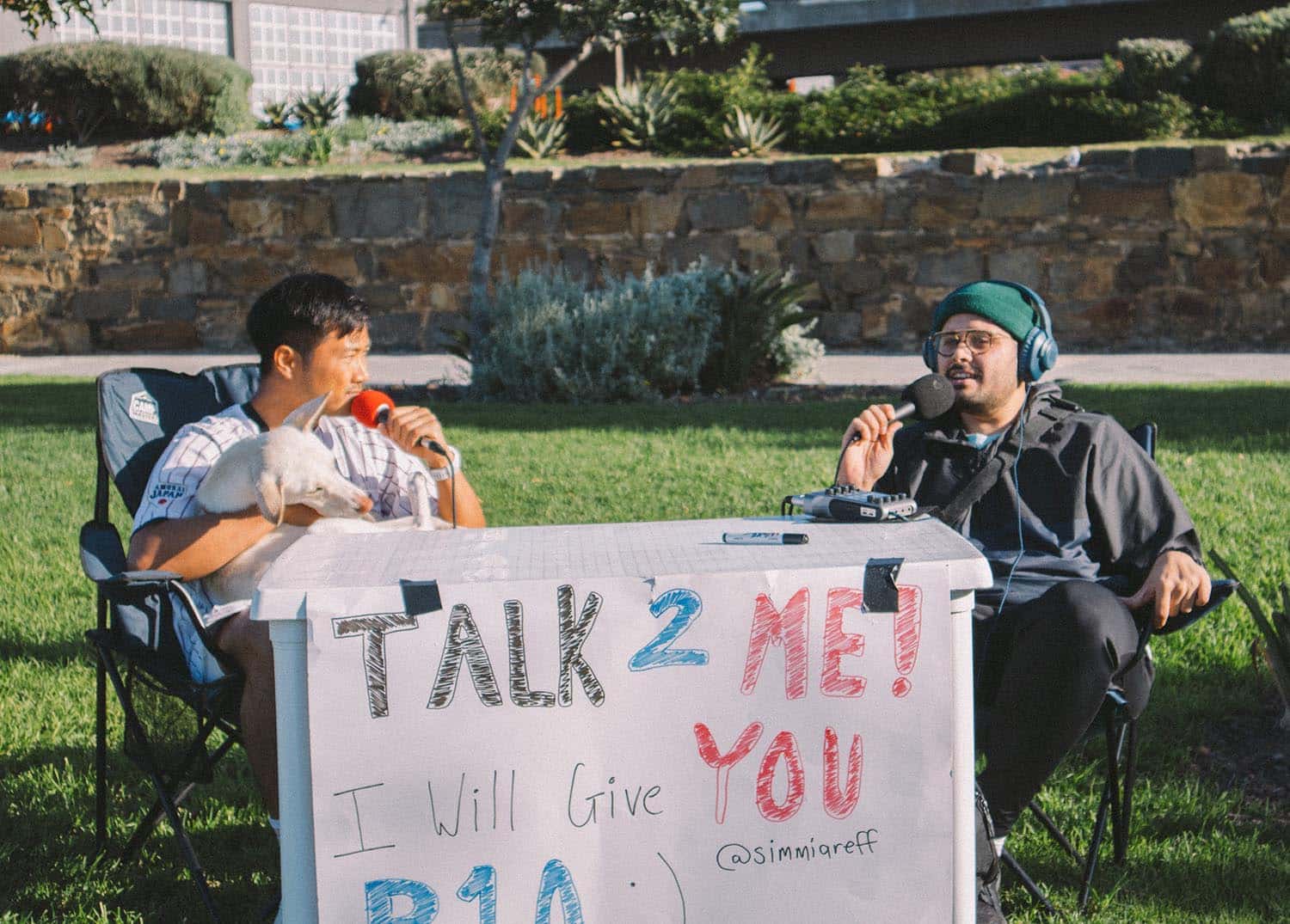
Knowing that there are no somebodies lesser known than the unknown, I now take my podcasting gear to the streets and set up a table with a sign offering to pay anyone ten rands, the equivalent of a couple of euros, for their story. It takes 10–15 minutes for the first person to sit down and talk, but then a queue starts forming, and I’ll be busy for about two hours.
I find their stories fascinating! Broadcasters might say I’m breaking one of the golden rules of radio by handing the mic — and the show’s responsibility — to someone probably ill-equipped to handle it. But this isn’t radio; it’s podcasting. I have the power to edit or not even use the interview. But I think my experience in radio and onstage interacting with audiences helps me craft their story.
Plus, it’s like improv — I have no idea who’s taking the microphone. It’s the closest I’ve felt to where podcasting and stand-up can meet. Importantly, the listener can hear that. They may not know the person telling their story or what crazy views they have, but they know it will be new, interesting and in some way relatable. And here’s the thing: They almost always never take the money I offer for their story; they’re just happy to have someone listen.
Storytelling in Africa
Africans are connected by storytelling — it’s in our blood. In traditional African culture, a “griot” is a person entrusted to learn the stories of a village. Their sole purpose is to pass on these stories to others to keep the stories alive in successive generations. Historically, in a culture where things weren’t written down, storytelling was more than entertainment; it was a way of keeping a cultural identity alive.
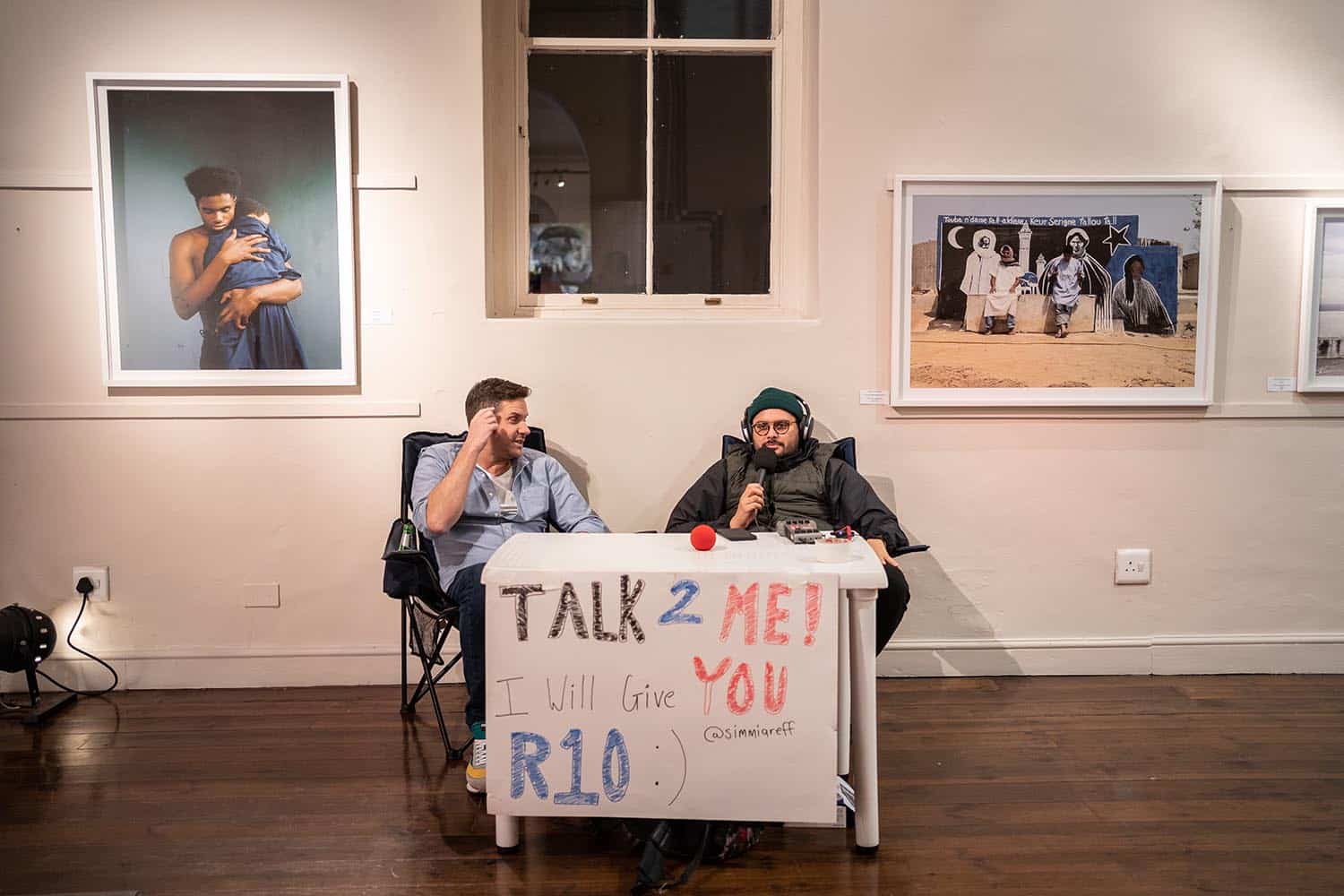
So, theoretically, Africa should be a rich fertile ground for storytelling on podcasts, but we’re hampered very much by technology. Africans overall do not have access to technology as enjoyed by those, say, in Western Europe. Data, for one, is so expensive, so it’s mainly used for sending messages; podcasts are usually reserved for when there’s access to Wi-Fi. However, we’re seeing a slow but steady growth in podcasting production and consumption in Africa.
I think some try their hand at podcasting because they can’t access a camera to get on YouTube and think it’s cheaper, but they soon find out how expensive making professionally sounding audio is. Our biggest challenge in Africa is familiar to podcasters worldwide: monetizing content, a significant barrier to entry for up-and-coming African podcasters. Approximately 0.1% of podcasts globally are sufficiently monetized. People may point to Joe Rogan selling his podcast to Spotify for US$200 million, but such cases are outliers.
Equipment
Recording: A Zoom Podtrak 4. I love it because of the 70 db of gain it gives me when I record. It allows me to boost audio so much in post. It has four channels, and I can connect it to my phone or computer.
Editing: Adobe Audition at the office, but Audacity when I’m on the go — it’s free and uncluttered, and it just works.
Mics: Two Shure SM58 microphones — They are some of the best microphones you can get that use an XLR cable.
Headphones: JBL Quantam 100 headphones. I had to buy these at an airport tech shop after I left my beloved Sennheiser HD 280 PROs at a hotel.
Artwork: Canva or Adobe Express.
Distribution: “Lesser Known Somebodies” is available on Apple Podcasts, Spotify, Podchaser, Omny, Podbay and POC Podcasts.
Building an ecosystem
Regardless, podcasting globally has now exploded. Personally, I don’t look at all those podcasts as competition; instead, we’re building a podcasting ecosystem. And that’s where POC [“People of Content”] Podcasts comes in — we’re helping to make part of that ecosystem in Africa.
I founded POC Podcasts primarily to give a voice to diverse stories you don’t typically hear on radio. I come from a radio background and know that what you hear on radio doesn’t fully reflect the diversity of the African story. There are a lot of stories that don’t get told. For example, stories from the LGBTIQ+ community are largely unheard. So, we have an LGBTIQ+ podcast in our stable that reaches out to African countries, like Uganda, where the LGBTIQ+ community isn’t as protected as in South Africa.
We want people with great, diverse stories to tell to do just that using podcasts. We help them create and produce podcasts to a high level of quality and provide ongoing consulting services. The Media Fellowship from the African Union has helped raise the profile of what we’re doing. I am grateful to the AU for its support and the opportunity to meet others in African media giving a voice to our storytellers.
Read more Inside Podcasting stories here.



